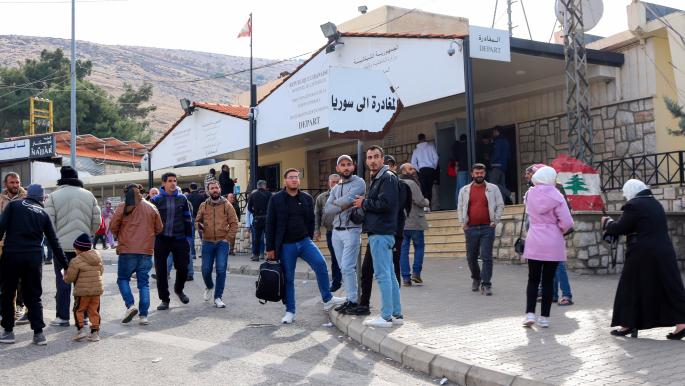Syrian Refugees in Lebanon: Between the Reality of Return and Future Challenges

Kelly Clements, the Deputy High Commissioner for Refugees, explains that the majority of returnees have headed to the provinces of Hama and Homs in central Syria, and Aleppo in the north. However, she warns that the Commission "does not encourage return," and that the decision remains an individual choice for each family, noting that the Commission cannot determine whether Syria is a completely safe country.
This mass return faces serious challenges on the ground. According to the United Nations, about 80% of housing in Syria has been damaged in one way or another, and one in three Syrian families needs housing support. The Commission is preparing a plan to support returnees that includes the repair of small homes and cash assistance, but large-scale reconstruction exceeds the organization's capabilities.
For its part, the Lebanese authorities are offering a plan that encourages return, which includes $100 assistance for each refugee wishing to leave, and exemption from fines for irregular residency, provided they pledge not to return. This step comes at a time when international aid for refugees in Lebanon is declining, while allocations for Syria are increasing, although they are still insufficient as the 2025 plan has only been funded between one-fifth and one-quarter.
Despite the return of more than two million refugees and internally displaced persons to their areas since the fall of the regime, 13.5 million Syrians still live as refugees outside the country or displaced internally. The new government led by President Ahmad al-Shara faces enormous challenges in a war-torn and devastated country, where the majority of its citizens live below the poverty line.
The road to recovery is still long. Return is just the beginning, as accommodating this large number of returnees requires a massive reconstruction program, significant international funding, and comprehensive institutional reform. Success in this mission will depend on the new government's ability to turn the current optimism into tangible reality and regain the international trust necessary for reconstruction.